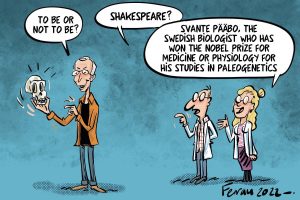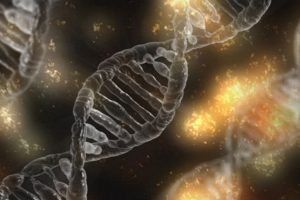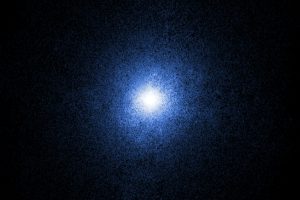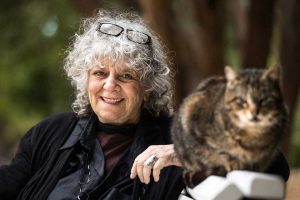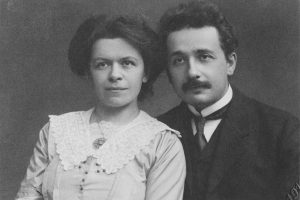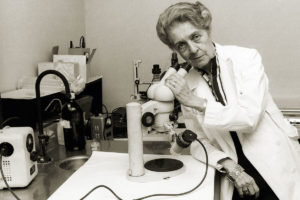Search
The Eyedropper is dedicated to Svante Päabo, the swedish biologist who has won this year's Nobel Prize for Medicine
The 2021 Nobel Prize in Physics has recognised the work in the study of complex systems in nature, but Ferran Martin looks at other complex systems in his particular look at this week's news.
The Nobel Prize for Chemistry has awarded Emmanuelle Charpentier and Jennifer A. Doudna for the development of CRISPR-Cas9 genetic editing tools. Lluís Montoliu analyses the journey to this award.
The Swedish Academy has awarded Roger Penrose, Reinhard Genzel, and Andrea Ghez the Nobel Prize in Physics. What is behind this shared award? When did the debate on black holes start? An analysis by Manel Perucho.
The role of the victim assigned to Rosalind Franklin in the legend of the double helix should not overshadow her brilliant contributions, which are often ignored when her scientific career is outlined.
Interview with Gunnar von Heijne, secretary of the Nobel Committee on Chemistry (Sweden).
Richard Phillips Feynman (1918–1988) was certainly a curious character, as he himself remarked in the subtitle of his anecdotal books (Feynman, 1985; Feynman, 1988). Not only was he one of the most brilliant and original physicists of the twentieth century, one of the few scientists who opened up new and broad avenues in his discipline.
We talk about ribosomes, bacteria, and drugs with the Nobel Prize in Chemistry 2009.
Mileva Maric was a notorious mathematician and Einstein's first wife. Although her figure is not well known, there is a big debate regarding her role in Einstein's Nobel Prize for Physics.
Neurologist Rita Levi-Montalcini won the Nobel Prize of Medicine in 1986. She was member of the United States National Academy of Sciences and Goodwill Ambassador of the (FAO), and she created a foundation to help African women and girls to study.
- 1
- 2

